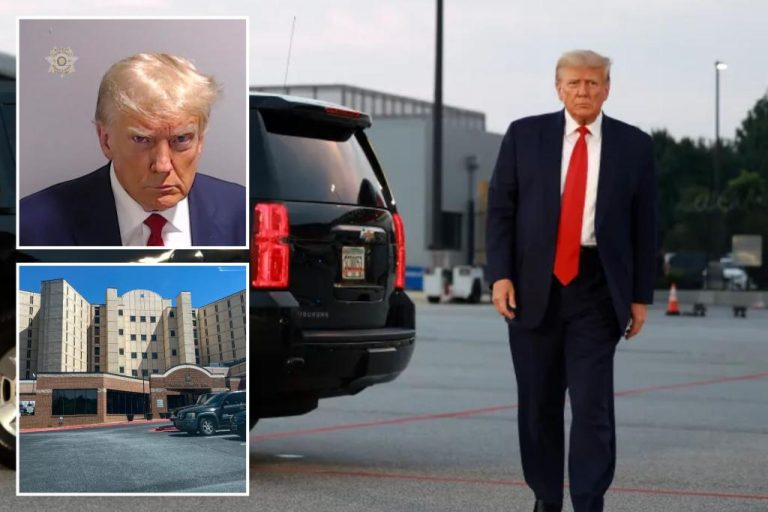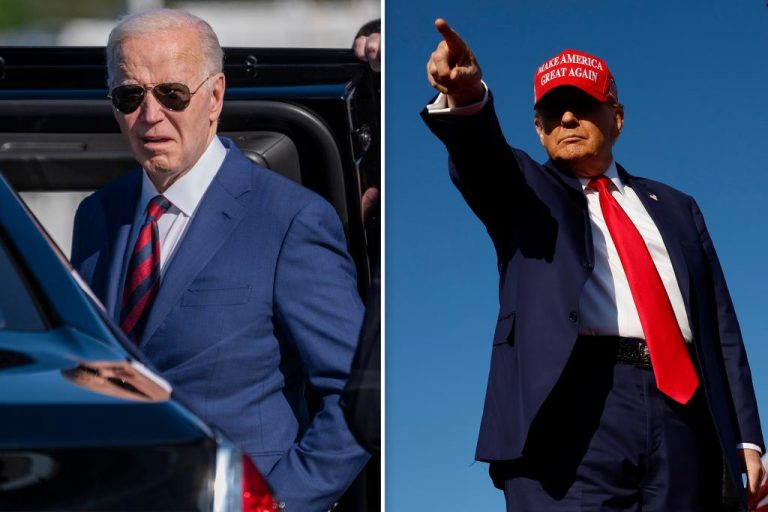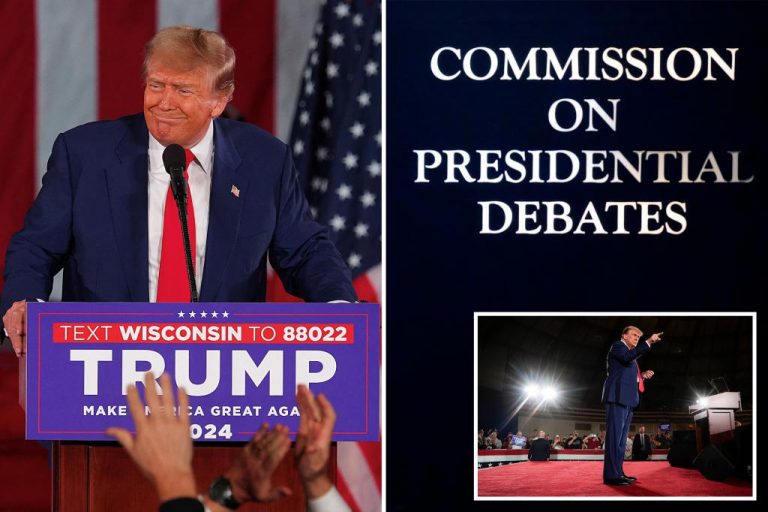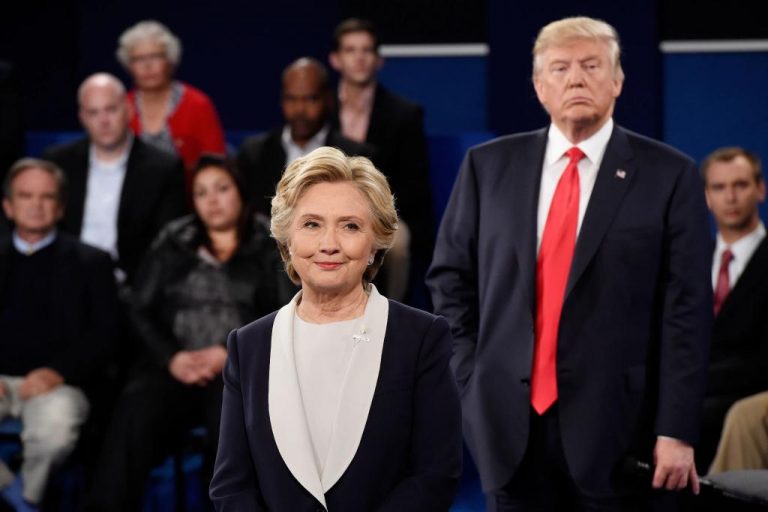J.D. Vance, Trump’s VP pick, supports breaking up big tech companies.
J.D. Vance, the former venture capitalist and author who is eyeing a run for the US Senate in Ohio as a Republican, has made headlines recently for his surprising stance on Big Tech. In a recent interview, Vance expressed his support for an antitrust crackdown on the tech giants, a position that goes against the traditional conservative stance on the issue.
Vance, who is perhaps best known for his memoir “Hillbilly Elegy,” has been a vocal critic of Silicon Valley over the years, arguing that the tech industry has too much power and influence. In the interview, Vance stated that he believes the government should take a more active role in regulating Big Tech to prevent monopolistic practices and protect consumers.
While Vance’s stance may come as a surprise to some, it is not entirely out of character for the outspoken conservative. Vance has positioned himself as a populist within the Republican Party, advocating for policies that benefit working-class Americans and challenge the status quo. His support for an antitrust crackdown on Big Tech is just one example of his willingness to take on powerful interests in pursuit of what he believes to be the greater good.
The issue of Big Tech antitrust has been a contentious one in recent years, with lawmakers on both sides of the aisle expressing concerns about the growing power of companies like Google, Facebook, and Amazon. Critics argue that these tech giants have too much control over the flow of information and commerce, stifling competition and harming consumers in the process.
Supporters of antitrust action against Big Tech, like Vance, believe that breaking up these companies or imposing stricter regulations on them could help level the playing field and promote innovation. They argue that allowing a handful of tech giants to dominate the market is not only bad for competition, but also poses a threat to democracy itself, as these companies have the power to shape public discourse and influence political outcomes.
Of course, not everyone agrees with Vance’s assessment of the situation. Some conservatives argue that government intervention in the tech industry would be counterproductive and could stifle innovation. They worry that imposing strict regulations on Big Tech could lead to unintended consequences, such as driving up prices for consumers or limiting the ability of these companies to invest in new technologies.
Despite the disagreement within conservative circles, Vance’s support for a Big Tech antitrust crackdown has sparked a larger conversation about the role of government in regulating the tech industry. As the 2022 midterm elections approach, it is likely that more politicians will take a stance on this issue, as voters increasingly express concerns about the power of Big Tech and its impact on society.
For Vance, his embrace of the antitrust issue is just one part of his broader political platform, which includes policies aimed at addressing the economic challenges facing working-class Americans. Whether Vance’s stance on Big Tech will resonate with voters remains to be seen, but one thing is clear: the debate over tech regulation is far from over, and Vance’s voice will undoubtedly be an important one in the conversation moving forward.








